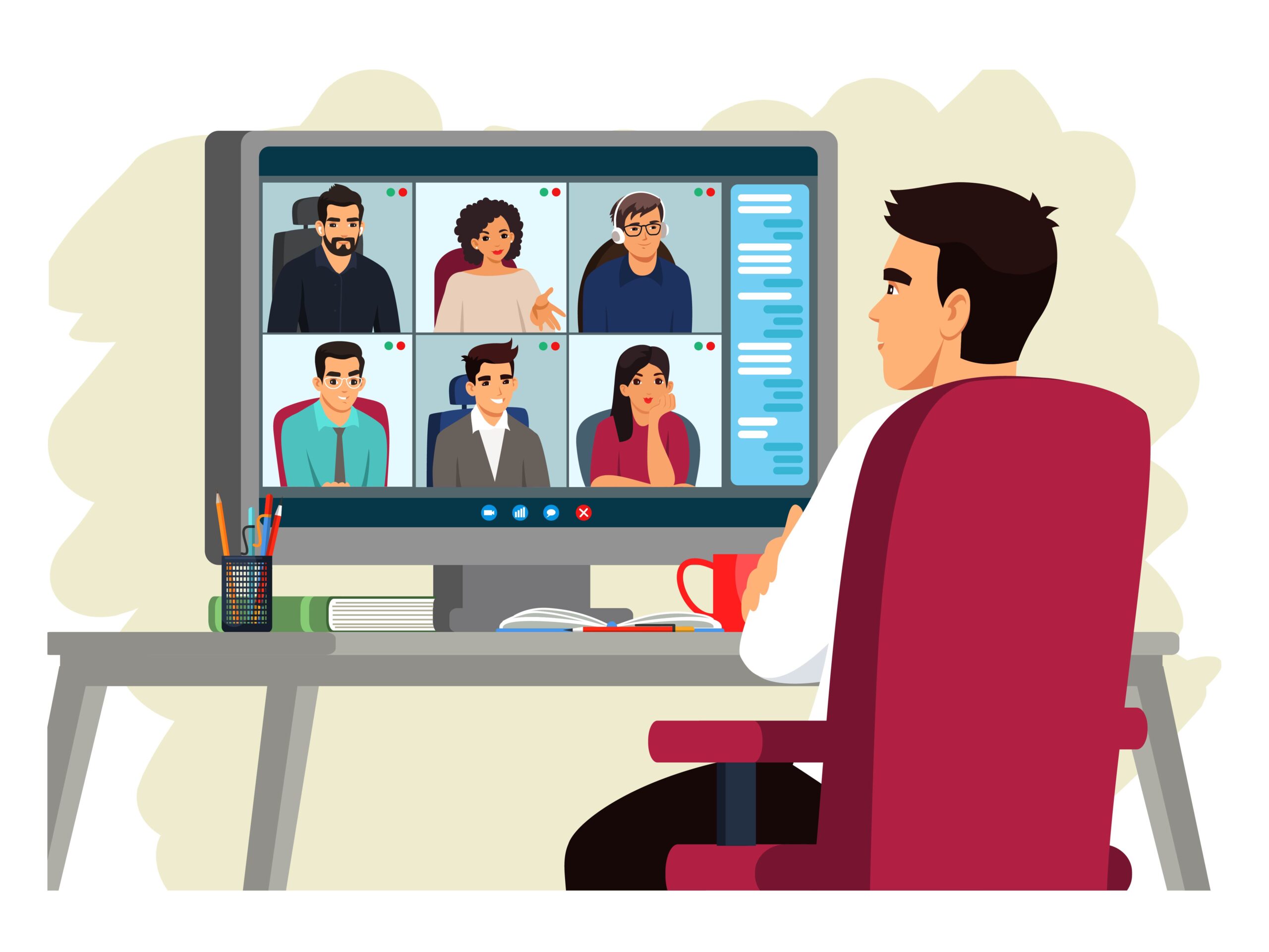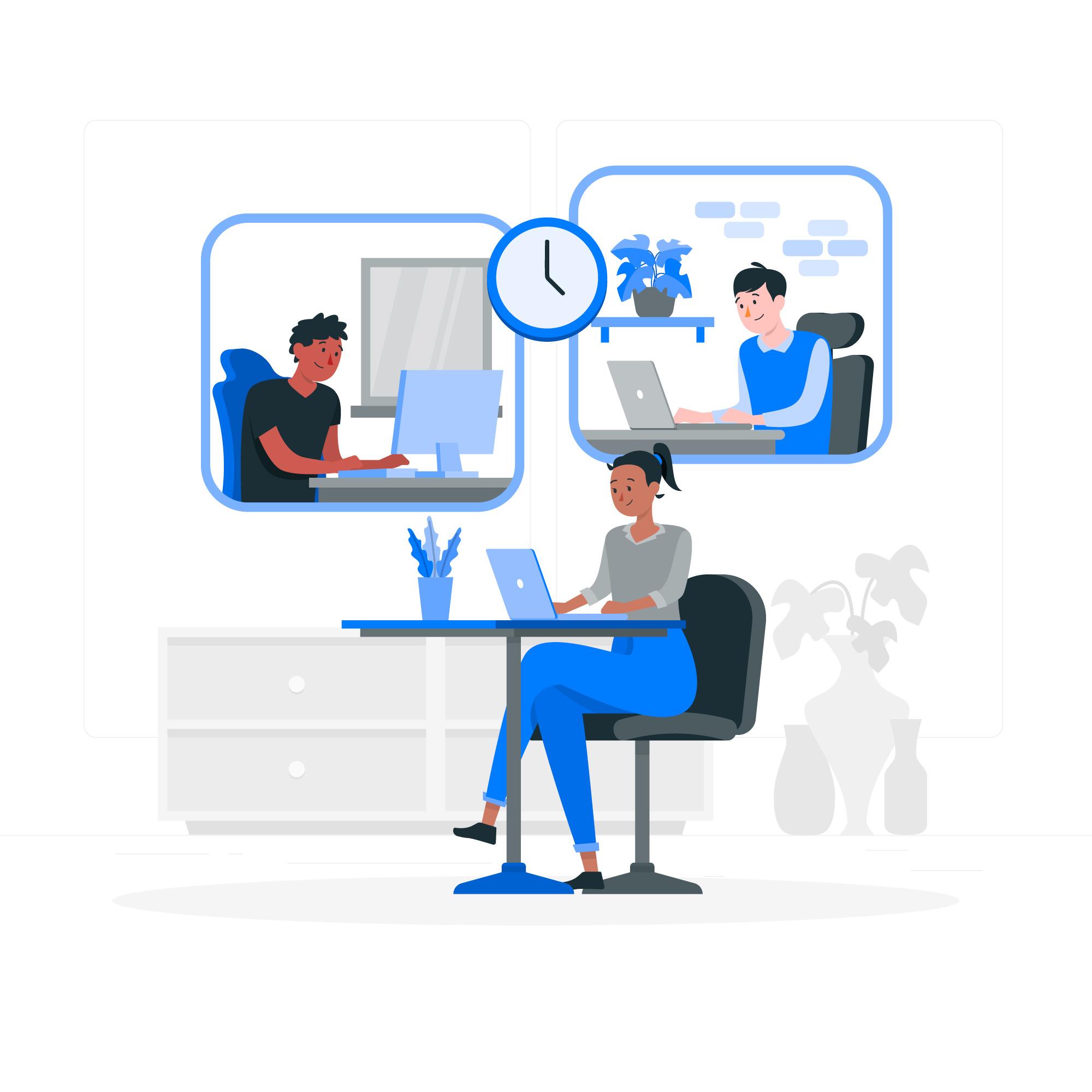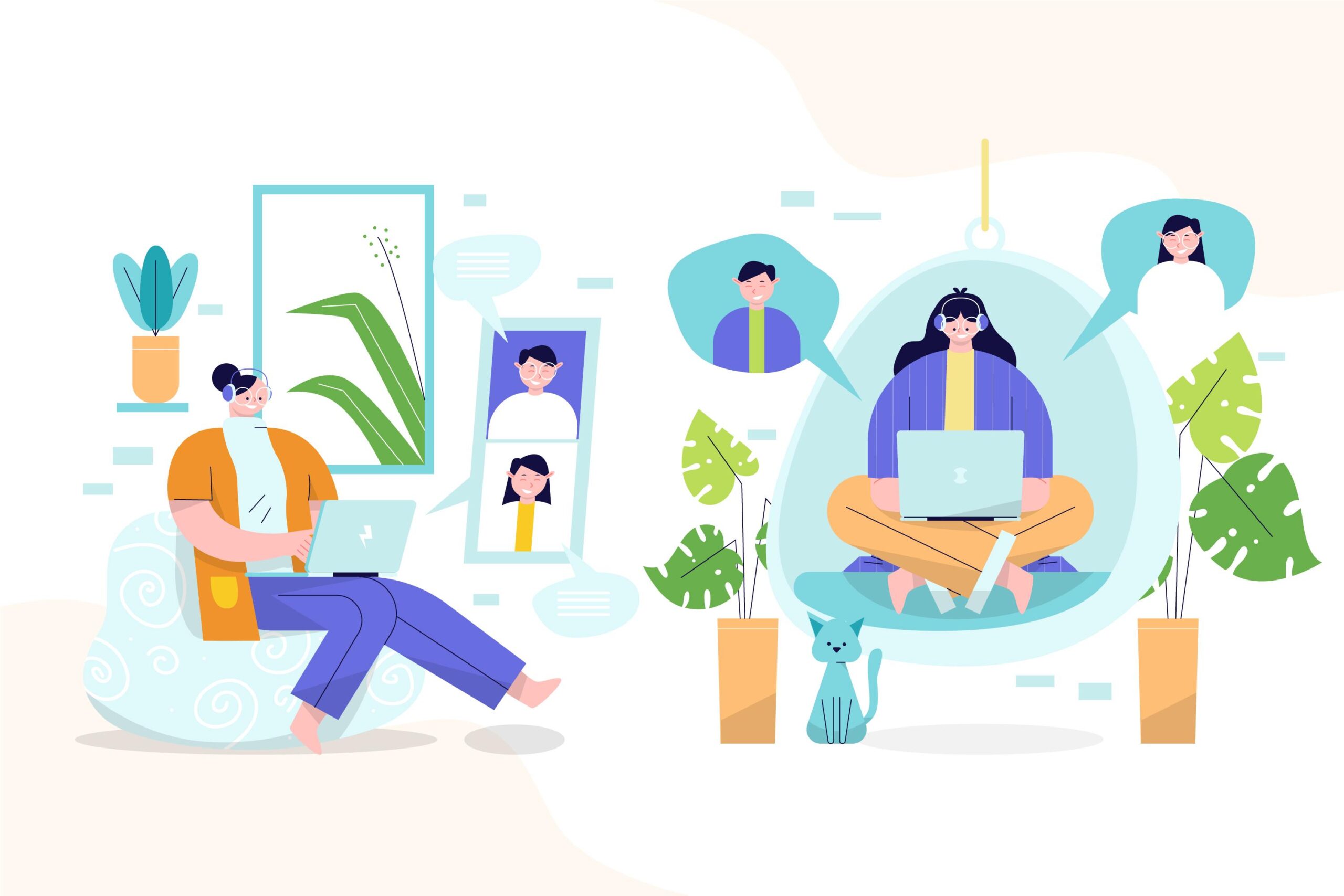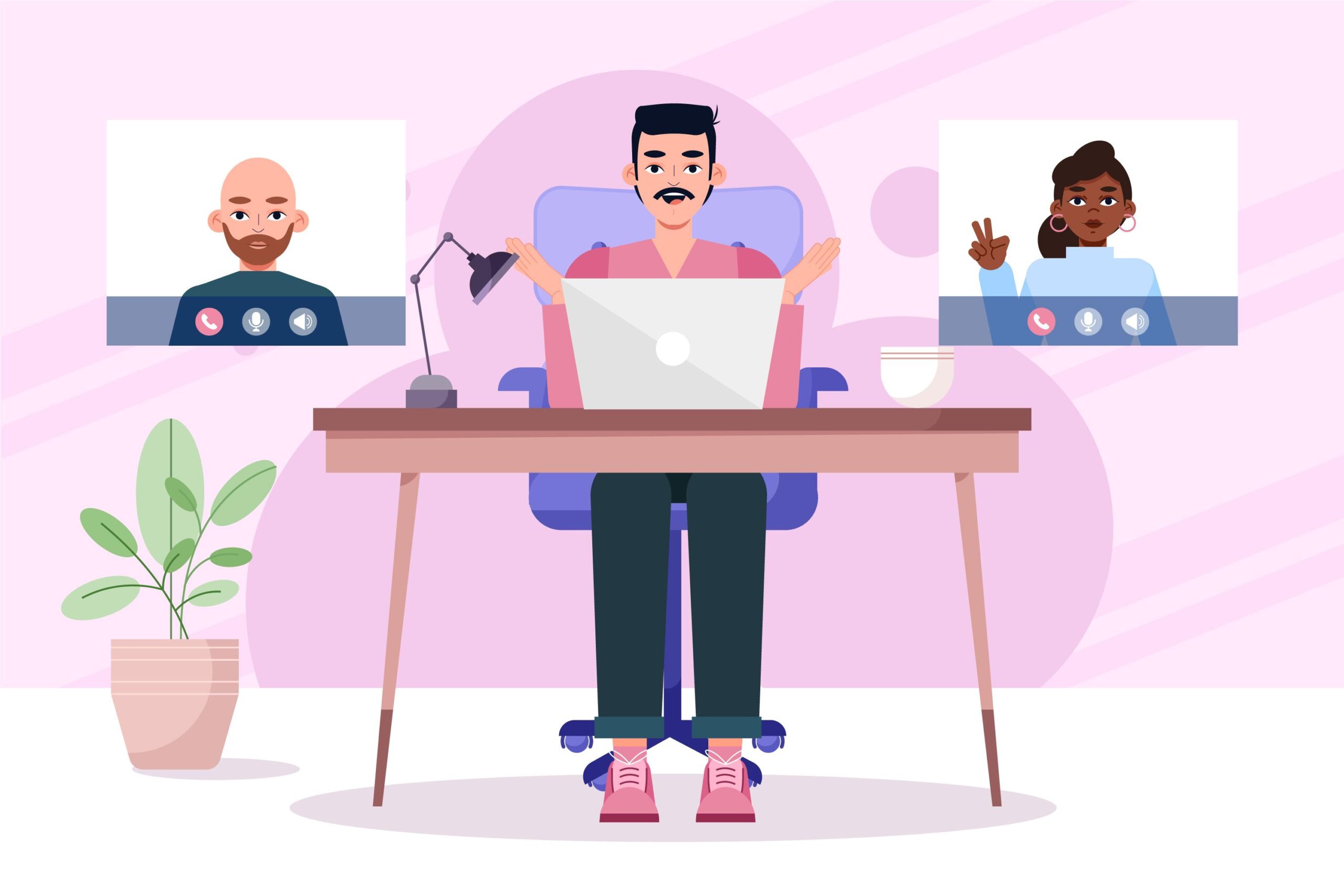Introduction
The issue of plagiarism is a hot-button topic, especially in the age of the internet. With so much information readily available at our fingertips, it’s easy to see how someone might be tempted to plagiarize. But the question remains – does Google allow any level of plagiarism?
In this blog post, we’ll take a look at what plagiarism is, Google’s policy on the matter, and what you should do if you’re accused of plagiarism. By the end of this post, you should have a better understanding of how to avoid plagiarism and the consequences of getting caught.
What is Plagiarism.
Plagiarism is the deliberate and intentional act of copying someone else’s work without giving credit to the original author. It can also be defined as using someone else’s ideas or thoughts without giving them proper credit. Plagiarism is considered to be a serious offense and can result in punishment.
While it may seem like an easy way to get ahead, plagiarism can have serious consequences. Not only can it lead to punishment from your school, but it can also damage your reputation and make it difficult to find employment after graduation.
Different Types of Plagiarism
There are many different types of plagiarism, but some of the most common include:
- Copying and pasting another person’s work word-for-word without giving them credit. This is the most blatant form of plagiarism and can easily be avoided by citing your sources properly.
- Paraphrasing someone else’s work without giving them credit. This type of plagiarism occurs when you paraphrase someone else’s work but don’t give them proper credit for their original ideas. Be sure to cite any sources that you use when paraphrasing!
- Using another person’s ideas or thoughts without giving them credit . This type of plagiarism happens when you use someone else’s ideas or thoughts in your own work but don’t give them proper attribution . If you’re not sure whether or not you should give someone credit for their idea , err on the side of caution and give them credit anyway!
- Failing to properly cite your sources . This type of plagiarism occurs when you fail to properly cite the sources that you used in your paper . When in doubt , always cite your sources !
- Self -plagiarism , which is when you reuse your own previously published work without giving yourself credit . This type of plagiarism occurs when you recycle old essays or papers that you’ve already written and submit them as new, without crediting yourself for the original work . Be sure to check with your professor before reusing any old papers !
Does Google allow any Level of Plagiarism?
No, Google does not allow any level of plagiarism. All content that is scraping from other websites or sources is considered plagiarism and is not allowed on Google. If you are caught plagiarizing, your website may be penalized or even removed from Google’s search results.
What Does Google Say About Plagiarism.
Google’s Policy on Plagiarism
Google takes plagiarism very seriously. The company has a strict policy against it and will take action against those who engage in it.
“Plagiarism is presenting someone else’s work as your own, whether you meant to or not. When you use information from sources other than Google, include citations giving credit to those sources. Don’t copy text from another source without adding your own input or commentary.” -Google Policy on Plagiarism
Google’s stance on content scraping
In addition to its policy on plagiarism, Google also has a policy against content scraping. Content scraping is when someone copies and pastes content from a website without permission. This can be done for many reasons, but most often it is done in order to try and artificially improve the ranking of a website in Google’s search results.
“Content scraping (a form of copyright infringement) involves taking content from a website and using it without the owner’s permission. This can be done for many reasons, but most often it’s done in an attempt to artificially improve the ranking of a website in our search results.” -Google Stance on Content Scraping
If you are caught plagiarizing or content scraping, you could be subject to a range of penalties from Google. These penalties can include removal from Google’s search results, de-indexing of your website, and even a manual action against your website.
What Should You Do If You Are Accused of Plagiarism.
Check If the Claim is Valid
If you are accused of plagiarism, the first thing you should do is check if the claim is valid. There are a few ways to do this:
-Check the original source: If you are accused of plagiarizing someone else’s work, check the original source to see if your work is actually similar. If it is not, then you may be able to prove that the accusation is false.
-Check your own work: If you are accused of plagiarizing your own work, check to see if the accuser has a copy of your original work. If they do not, then they may not have a case against you.
-Ask for evidence: If you are unsure about whether or not the accusation is valid, ask the accuser for evidence. They should be able to provide you with a copy of the original work, as well as copies of your allegedly plagiarized work.
Appeal the Claim
If you believe that the accusation against you is unfair, you can appeal the claim. To do this, you will need to contact Google and explain your situation. Google will then review your case and decide whether or not to remove the plagiarism claim from your record.
How to Avoid Plagiarism
The best way to avoid plagiarism is to understand what it is. Plagiarism is the use of someone else’s work or ideas without giving them credit. This can include copying and pasting from a website, summarizing or paraphrasing someone else’s work, or using a direct quote without giving credit. It’s important to remember that you can plagiarize even if you don’t mean to—so it’s always best to give credit where it’s due.
Few simple ways you can avoid plagiarism in your own work:
Cite your sources:
Whenever you use someone else’s idea, be sure to give them credit by citing your source. There are many different citation styles, so be sure to check with your professor or editor about which one to use.
Use quotation marks:
If you want to use a direct quote from another source, be sure to put the quoted material in quotation marks and cite the original author.
Summarize and paraphrase carefully:
When you summarize or paraphrase someone else’s work, it’s important to rewrite the information in your own words. Be careful not to accidentally copy the original author’s style or wording—if you do, be sure to cite them.
Know when to get permission:
In some cases, you may need permission from the copyright holder before using someone else’s work in your own project. For example, if you want to use a copyrighted image or video, you will need to get permission from the copyright holder before using it.
What Next?
If you are accused of plagiarism, it is important to take the accusation seriously and take appropriate steps to clear your name. The first step is to determine whether or not the accusation is valid—if you have been accused of plagiarizing something that you did not actually copy, then there is no need to worry about taking further action. However, if the accusation is valid, there are a few steps you can take:
Apologize:
If you have copied someone else’s work without giving them credit, it is important to apologize for your actions. A sincere apology can go a long way towards diffusing the situation and clearing your name.
Make changes:
If you have copied someone else’s work without giving them credit, make sure to correct the mistake by adding citations or removing the copied material altogether. Once again, a sincere apology can go a long way towards diffusing the situation and clearing your name.
Contact an attorney:
If you feel like you have been unfairly accused of plagiarism or if the consequences of being found guilty are too severe (for example, if you could be expelled from school), then it may be time to contact an attorney who specializes in intellectual property law.
Conclusion
The bottom line is that there is no level of plagiarism that is acceptable to Google. If you are accused of plagiarism, it is important to check if the claim is valid and then take appropriate action. The best way to avoid plagiarism is to be diligent about citing your sources.








Leave a Reply